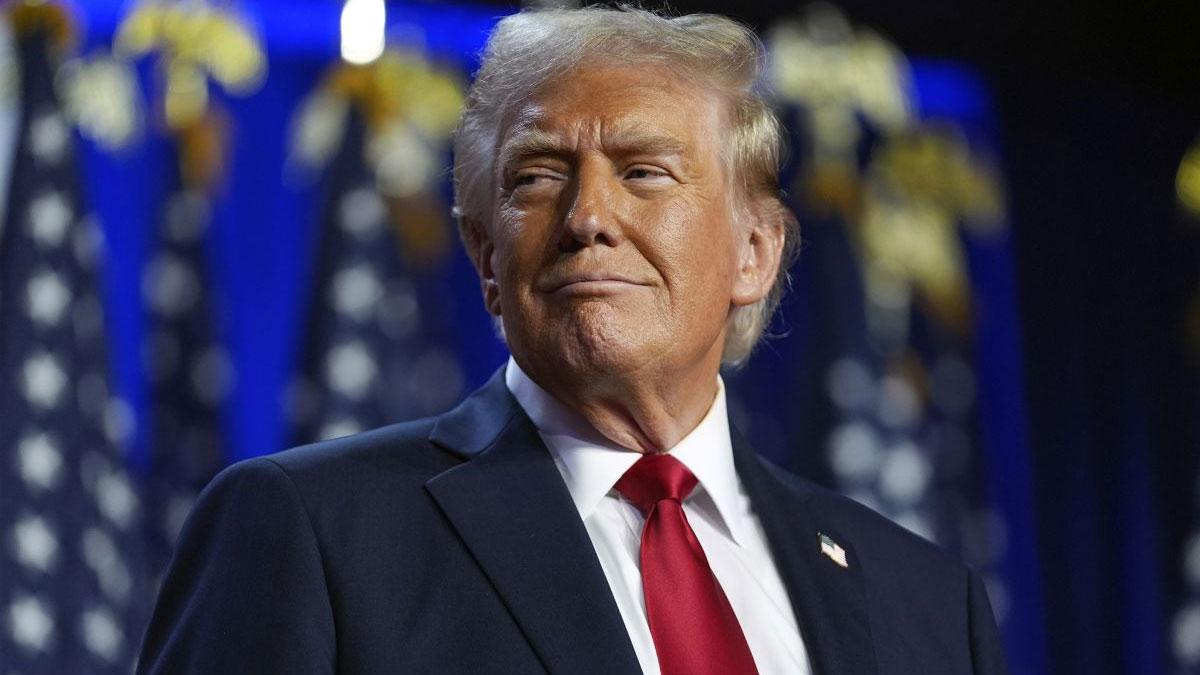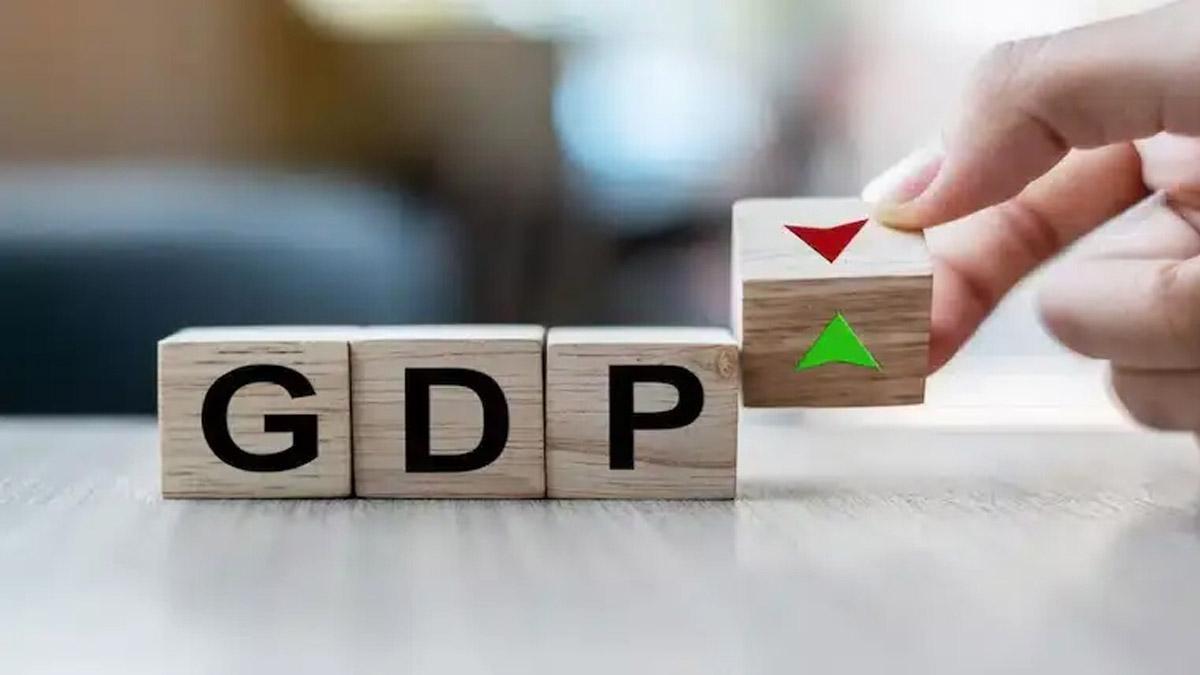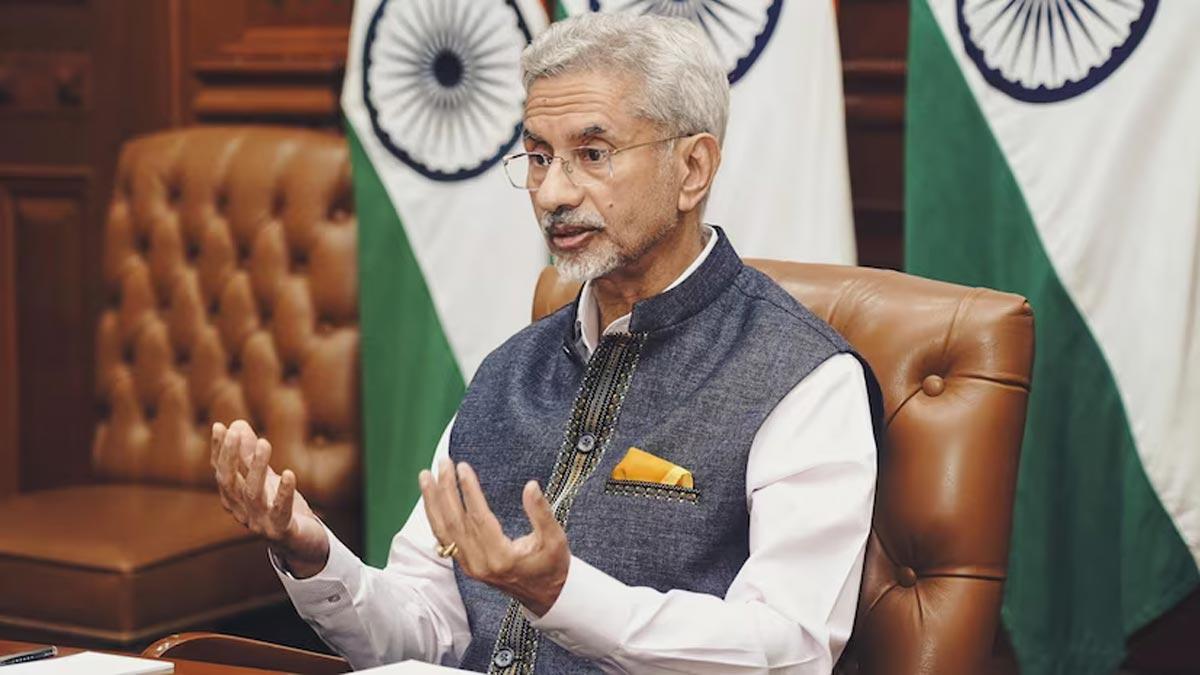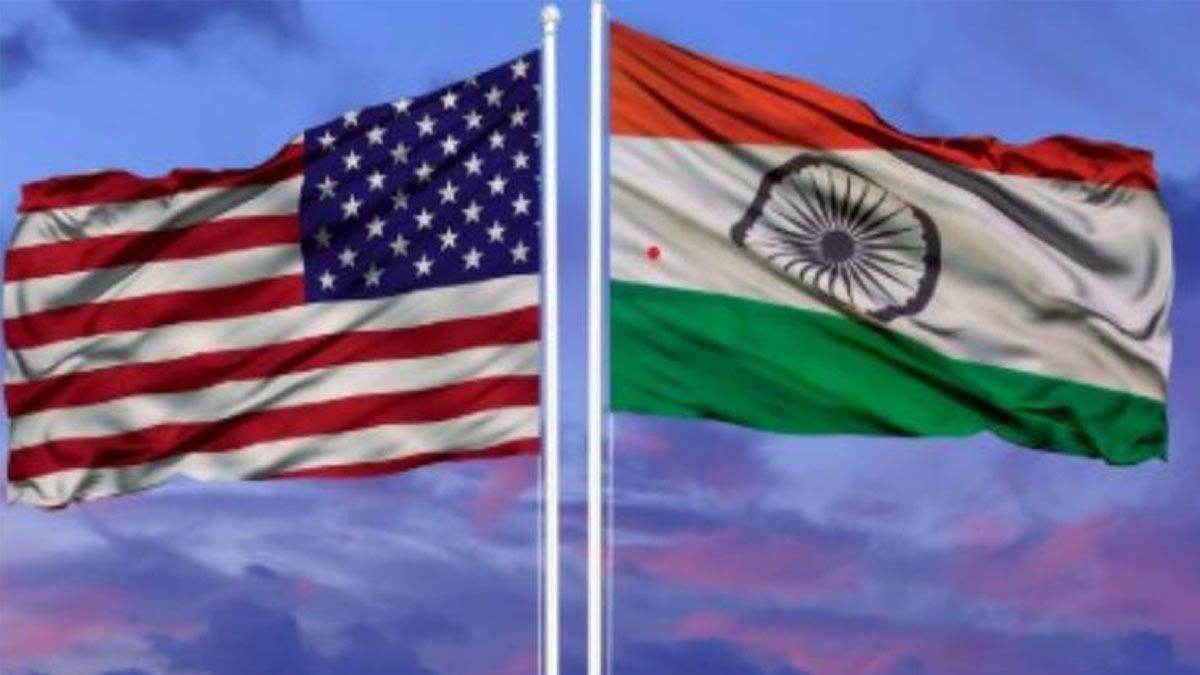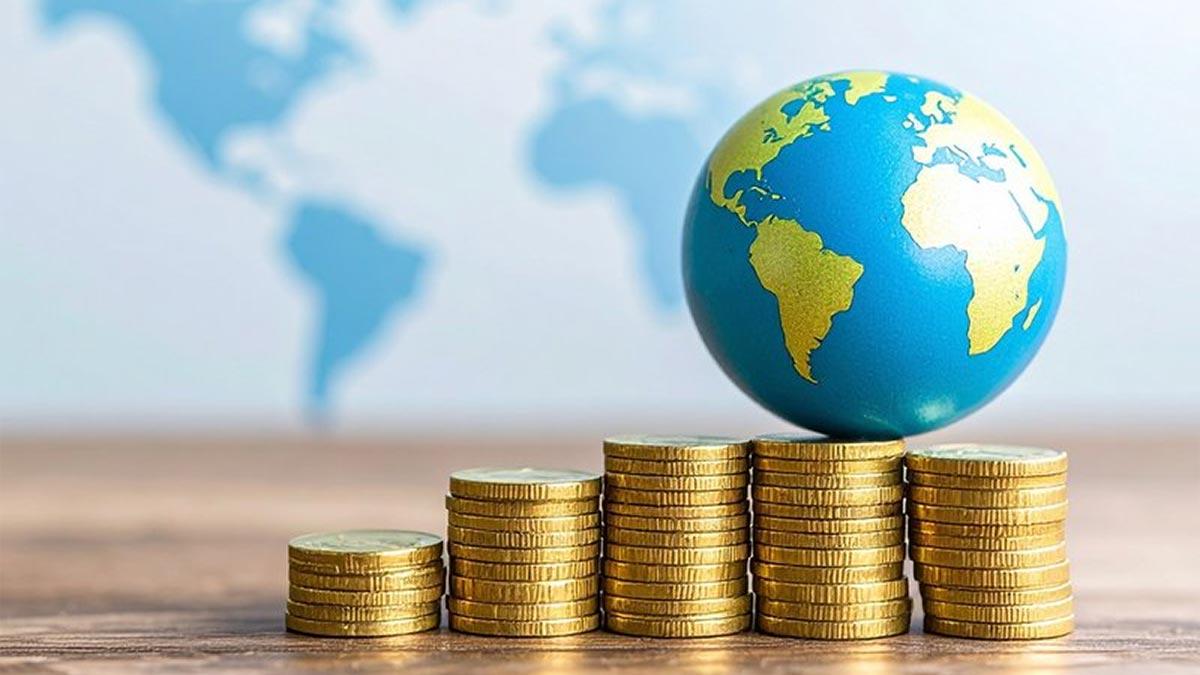US President Donald Trump has declared intentions to implement new reciprocal tariffs on April 2, with the aim of promoting fair trade practices with all global partners, including India. This comes amid criticism of nations such as India for charging high tariffs on US agricultural products, which, according to the White House, make it challenging for US exports to compete. Trump has argued that these high levies—specifically India’s 100% tariff on American agricultural products—are unfair, and he has repeatedly emphasized the need for reciprocal measures to level the playing field.
In a recent statement, Trump said, “We’re going to be very nice, relatively speaking, we’re going to be very kind,” signaling that the tariffs may be imposed in a measured way. But the President has also signaled that these steps are needed to correct what he sees as discriminatory trade practices, pointing to steep tariffs from nations like the European Union (50% on U.S. dairy), Japan (700% on U.S. rice), and Canada (almost 300% on U.S. butter and cheese). Trump's administration interprets these tariffs as "reciprocity" to redress what they feel has been a one-sidedness in international trade.
While the US is poised to lay reciprocal tariffs, news reports suggest that India won't be included in the group of other countries like China, Mexico, or Canada, and that a phased approach could be adopted. India is holding continuous talks with the US, and the authorities have indicated a hope that the two nations may finalize some portion of a bilateral trade agreement by the end of the year. Although no tariff exemptions have been confirmed, India is said to have proposed cutting tariffs on US farm products like almonds and cranberries in an attempt to enhance bilateral trade relations.
Trump's tariff plan has been concerning the world at large, as critics have pointed out that it may precipitate a trade war, which might prompt retaliatory actions from the major partners such as China, Canada, and the European Union. In a bid to forestall these expected tariffs, nations such as China, South Korea, and Japan are said to be shifting towards deepening trading relationships among them.
In spite of these worries, Trump has insisted that the tariffs will shield American industries from unfair competition, raise revenue for the federal government, and provide the US with leverage in future trade negotiations. Nevertheless, some fear that the strategy could drive US allies into the arms of China, particularly if global tariffs are set at levels as high as 20%, impacting nearly all US trade partners.
Trump has also complimented Indian Prime Minister Narendra Modi, describing him as a "very smart man" and having faith that the trade talks between the US and India will be fruitful. Trump's overall tariff policy is still contentious, with world markets keeping a close eye on the effect of the April 2 announcement.
Read also| "Nifty and Sensex Show Strong Upside Potential, Signaling Robust FY26 Outlook: Report
Read also| India Sees Strong Surge in Metal Production in FY 2024-25

